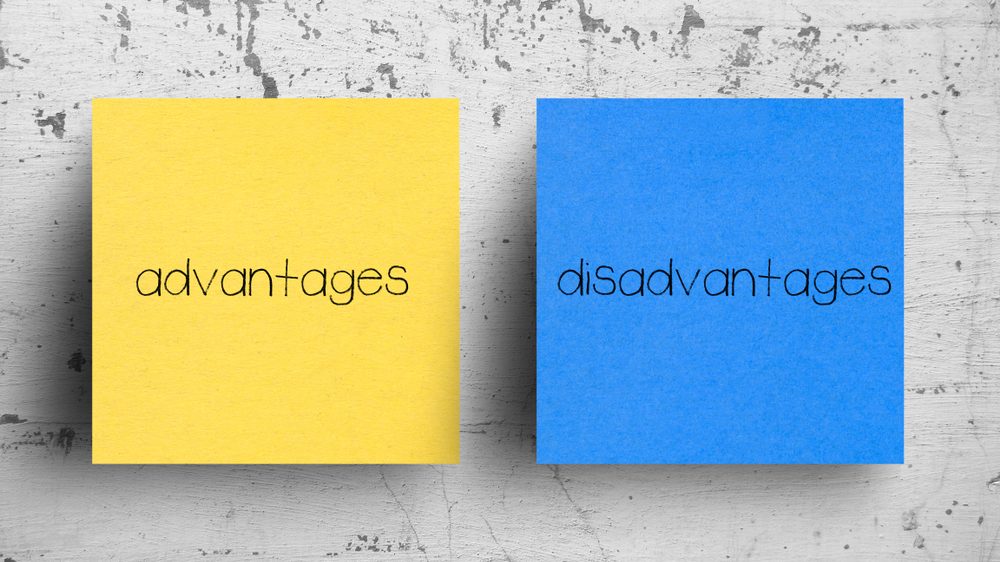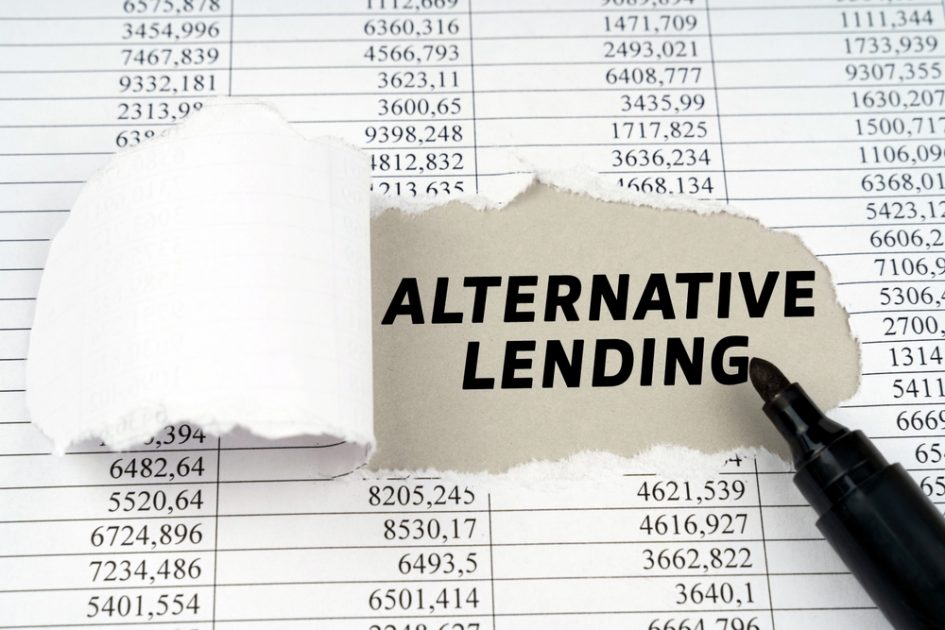When it comes to loans, there are two main types: alternative and traditional. Each has its own benefits and drawbacks, so it’s important to understand the differences before deciding which is right for you.
In this blog post, we will discuss the key differences between alternative and traditional loans. We’ll also help you determine which type of loan is best for your needs.
So let’s get started!
What is a Traditional Loan?

A traditional loan is a loan from a lender, typically a bank or credit union. It’s also known as a conventional loan and often requires collateral like real estate or another asset of value to secure the loan. Traditional bank loans usually come with fixed interest rates and repayment terms ranging from 5-30 years.
What is an Alternative Loan?

An alternative loan is any financing not provided by a traditional lender, such as a bank or credit union. Alternative lending can include loans from online lenders, private lenders, and options like peer-to-peer (P2P) lending, crowdfunding campaigns, merchant cash advances, and more. These types of loans are usually unsecured (no collateral needed), have variable interest rates, and have shorter repayment terms than a traditional loan or business loan.
Advantages of Traditional Loans

There are several advantages to a traditional bank loan. They include:
Lower Interest Rates
Traditional loans typically have lower interest rates than alternative loans, making them more affordable.
Longer Repayment Terms
Traditional loans often offer longer repayment terms, allowing you to spread out the cost of borrowing over a longer period of time and potentially pay less each month.
Greater Accessibility
Your local bank or credit union is more likely to offer traditional loans with better terms and conditions than alternative lenders. Plus, with a good credit score, you may qualify for a traditional loan even if you don’t have collateral.
Disadvantages of Traditional Loans

That said, there are certainly some drawbacks to traditional loans. These include:
Strict Requirements
Traditional lenders tend to have stricter requirements than alternative lenders and may require extensive documentation, collateral, or a good credit score in order to qualify.
Longer Waiting Times
It can take several weeks or even months for banks or credit unions to process a traditional loan application. This means if you need money quickly, a traditional loan may not be the best option.
Higher Rejection Rates
Traditional lenders are also more likely to reject loan applications, especially if you don’t have a good credit score or collateral.
Advantages of Alternative Loans

An alternative lending solution has advantages over traditional bank lending, making it an attractive option for specific borrowers. These include:
Faster Approvals
Alternative lenders offer faster approval times than traditional banks and credit unions, allowing you to get your funds quickly in some cases.
Looser Requirements
Alternative lenders may have less strict requirements for loan approval, making it easier for those with bad credit or no collateral to qualify.
Higher Approval Rates
Alternative lenders typically approve more borrowers than traditional lenders, giving you a better chance of getting the loan you need.
Faster Access to Funds
Alternative lenders also tend to get you access to your funds faster than traditional lenders, making them ideal for those who need money immediately.
Disadvantages of Alternative Loans

Although there are some advantages to alternative loans, they come with their own set of drawbacks. These include:
Higher Interest Rates
Alternative loans often come with higher interest rates than traditional loans, making them more expensive in the long run.
Shorter Repayment Terms
Alternative lenders typically offer shorter repayment terms than traditional lenders, meaning you may have to pay off your loan faster and with higher monthly payments.
Less Security
Since alternative loans are usually unsecured and don’t require collateral, there’s less security for the lender. This can make it more challenging to get approved and could result in higher interest rates or fees.
No Guarantee of Approval
Finally, since alternative lenders have less stringent requirements than traditional lenders, there’s no guarantee that you’ll be approved for the loan you need. Your alternative lender may still deny you, even if you meet their criteria.
How to Evaluate a Lender

When evaluating a lender, it’s important to consider both the advantages and disadvantages of traditional and alternative loans. Ask yourself questions such as:
- Is this loan right for my needs?
- Does the lender offer competitive interest rates and repayment terms?
- Can I get approved with my credit score or collateral?
- Does the lender offer a fast approval process?
You can ensure you get the best deal by carefully evaluating your loan options. Doing so will help ensure you get the money you need quickly and at an affordable rate.
Finally, be sure to read all of the fine print before signing any agreement so that you know exactly what you’re getting into. Taking the time to do your due diligence can help protect you from unexpected fees and other financial surprises down the road.
Why You Should Choose SkyCap For Your Next Loan

At SkyCap Financial, we provide a range of loan options for both traditional and alternative loans. We understand the unique needs of our customers and offer competitive interest rates and flexible repayment terms to meet those needs.
We also have an easy application process and fast approval times so that you can get your funds quickly when you need them most. Our knowledgeable and friendly loan officers are here to help you throughout the process.
So if you’re looking for a loan that meets your needs, SkyCap Financial is the way to go. You can quickly apply using our online application form. We typically approve loans within two hours.
Final Thoughts
Alternative and traditional loans each have their own advantages and disadvantages. It is important to consider your financial needs, goals, and budget when choosing between the two.
Alternative loans may offer greater flexibility in terms of repayment options and interest rates, but they may also come with higher fees and less protection for borrowers than traditional loans.
Traditional loans may have more strict repayment terms but can be a good option for those who meet the eligibility requirements.
Ultimately, you should weigh all factors carefully before deciding to ensure you make the best choice for your financial situation.
Looking for a loan? At SkyCap Financial, we specialize in loans for people with bad credit or poor credit. Apply today using our secure online application form.







